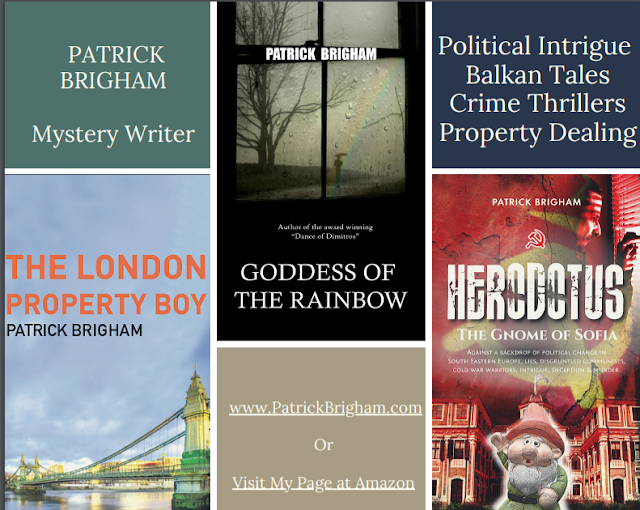I am trying not to jump on the bandwagon, I know it is twenty years since Princess Diana’s death, and I am fully aware of the general emotion that people feel. But, questions do remain, and misunderstandings should be put to the test, despite the needs of the Royal Family, or the somewhat diminished British establishment.
Charles and Diana were both mutually exclusive, despite certain past traditions, which most people hoped had become obsolete when King Edward abdicated in 1936. That marriage is nobodies business – except for the two parties involved – is inviolate, and any moral ambiguities this might provoke in the minds of self opinionated onlookers, is totally irrelevant. The fact that both Diana and Prince Charles didn’t like each other, is not so unusual, nor divorce being the natural outcome.
What is clear, however, is how she was viewed by the general public, the unhealthy humiliation, and the constant intrusion by the gutter press. In the end, as Prince Harry recently said, it was the press itself – that may have caused the accident – and unquestionably profited by it, especially so, during the tradgic moments of her death. What kind of people are the press, and why do they still pursue public figures in this way, remains the main question? Why certain members of the press are not locked up in the Bastile, is another?
Even to this day, the British general public, and many in Europe too, look for people that they can connect with. Diana was one such person, and although she had a certain charisma and charm, I hardly think that a “Knightsbridge Nell” is a true reflection of British society, especially now or even then. But she was pretty, often witty, and added color to an inward looking and the somewhat androgynous British Royal Family.
Steeped in the past, managed by the government, silent and politically sterile, by the time of Charles’s wedding to Diana, they had become almost invisible. Diana placed them back into the limelight – in the then nascent Hello Magazine – and became a magnet, for an army of disreputable reporter’s and photographers from the gutter press.
You can’t have it both ways, can you? Well, there is such a thing as extent and degree. And it was this extent and degree which started to expose the intransigence in, not only the Blair administration, but the British establishment itself. What happened to having a quiet word with Rupert Murdock and the other Fleet Street tyrants in Canary Wharf – and the wild speculation which took place thereafter – is a matter for Mr. Blair to explain. But in my view, the answer has to be money. If you pay a photographer 30,000 GBP for one photo, what do you expect?
In a way, Diana had a love hate relationship with the British press, which she thought she could control. She used them when she felt the need to punish – not only HRH Charles, but others too – and also, to put herself in the forefront. Often seen in public with celebrities, she by then had gained a certain freedom – away from the protocols and the confines of the Royal Family – and used them to send messages; however innocently, to the press and others.
Clive James was one of her confidants, but he was also a kind of postman into the bargain. As were others, like Sir Elton John, who were so different from the “normal” chums of royalty, to be an embarrassment to them. The Royal Family had previously mixed with fossilized Aristo’s, and the usual brand of creepy royal watchers and sycophants, many of whom harbored a somewhat unhealthy and unrealistic view of royalty.
Sir Elton and friends, were just a step too far – certainly by then, for an aging Queen and Prince Philip – and were especially so, for the simple tastes of her husband. Prince Charles followed traditions – as most unimaginative people do when in need of inspiration – and was content to pursue the country life. One might also say that he enjoyed a life of self indulgence, which was particularly so concerning Camilla Parker-Bowles, whom he had adored for years. It was a bit like the story of Jack Sprat, except in reverse.
“Jack Sprat who could eat no fat,
His wife could eat no lean,
And so between them both, you see,
They licked the platter clean. ”
In the case of Charles and Diana, the marriage was not one of compatibility, and quite the opposite, because, she liked the bright city lights, and his entire interest lay in the countryside. Their marriage was probably doomed from day one – she the bright and witty party lover – and Charles; then becoming a prematurely aging old bore, they were by then permanently in conflict.
What is great, is that despite all the royal angst and their turbulent relationship, two great sons were born. By far eclipsing the other royals, they seem both to have inherited their mothers common touch. Easy to talk to, modern in their outlook, charitable, compassionate and concerned, they may be Diana’s true legacy to a Great Britain, which is presently looking extremely shaky in the shadow of Brexit, and an increasingly incompetent government.







No comments:
Post a Comment